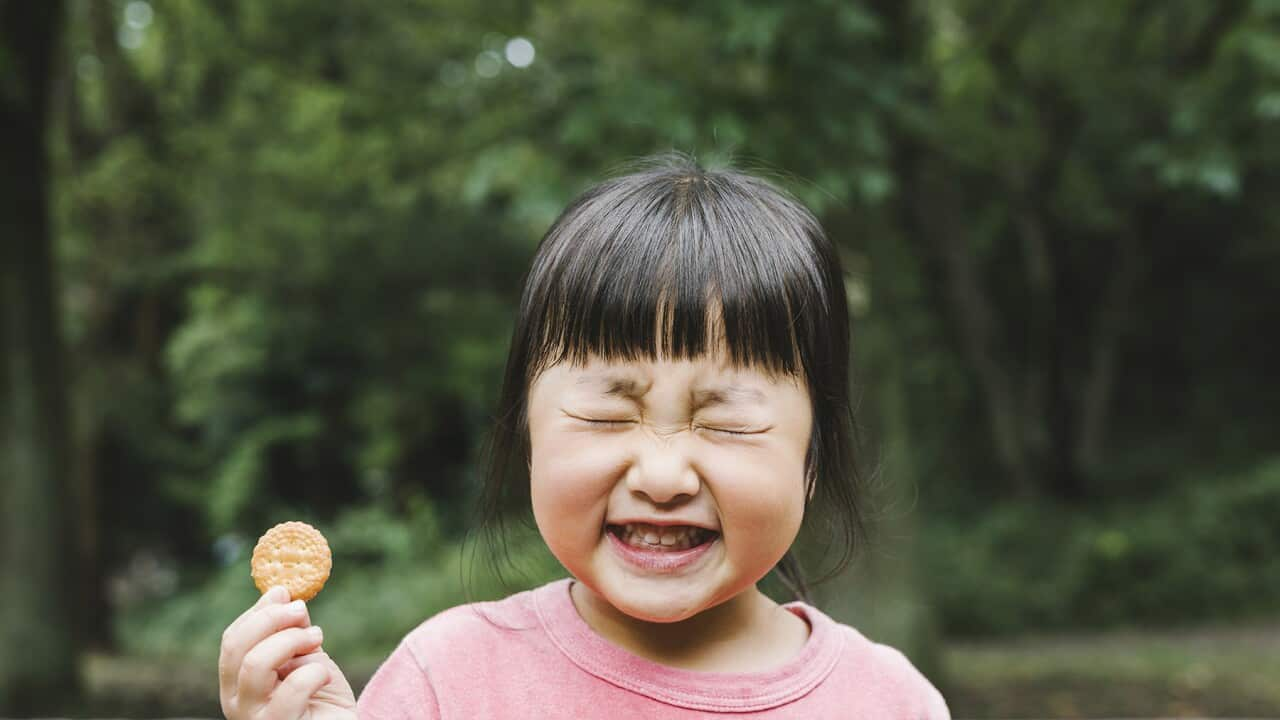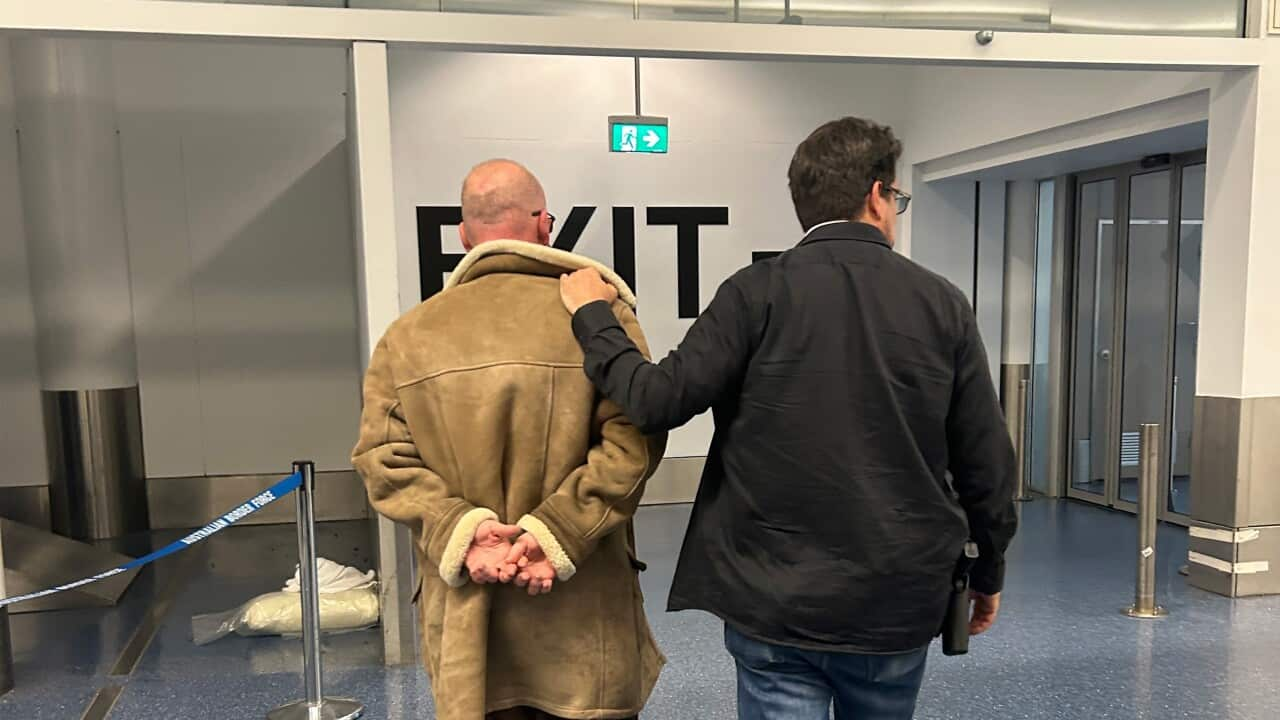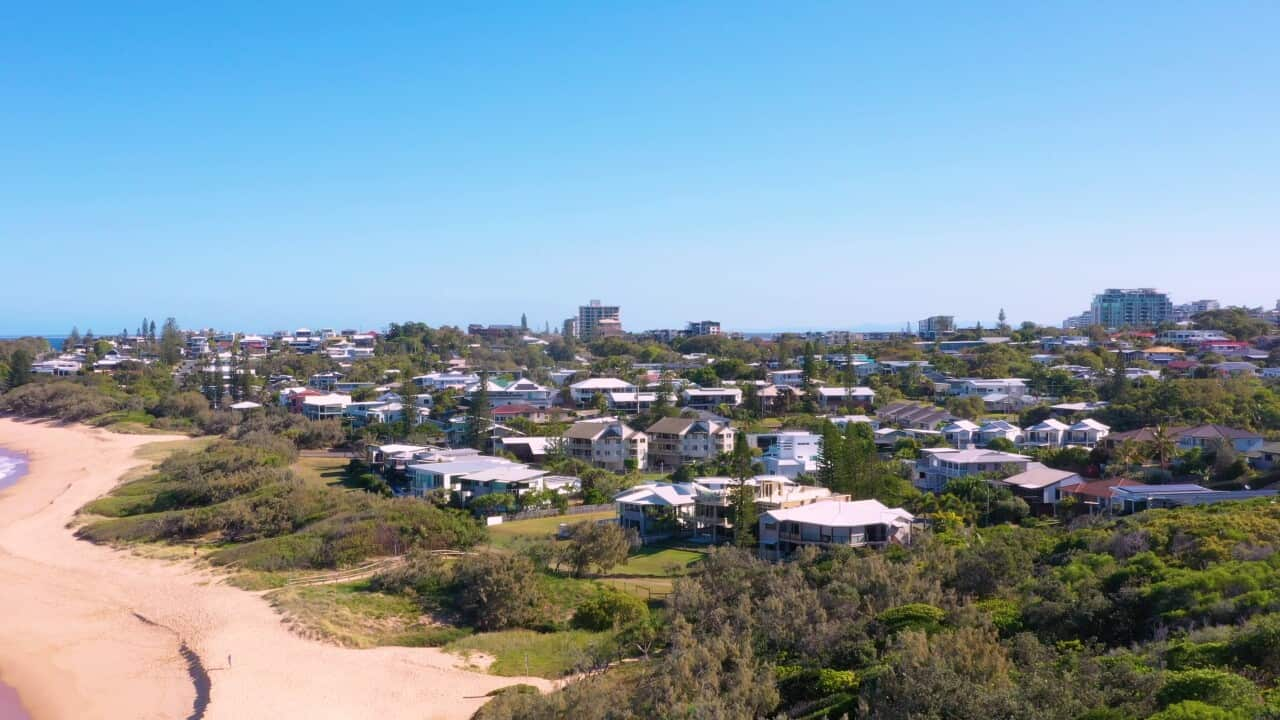Mastering the English language may not necessarily mean you’ll understand Aussie slang.
In this episode of the Australia Explained podcast, you’ll come to know the trademarks of the Australian dialect.
Learn about some of the best known (or not known) slang words, as well as why different parts of the country have their accents.
Listen to the episode here:
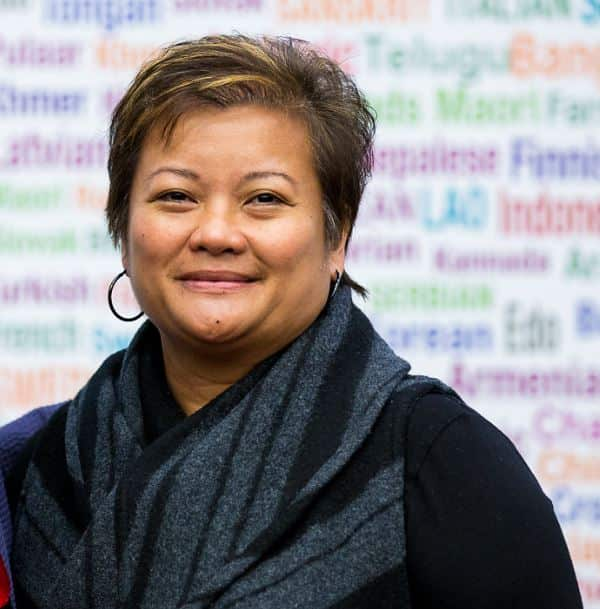
Loy Lising, a sociolinguist and senior lecturer from the Department of Linguistics at Macquarie University says, the way people talk is influenced by their culture and country of origin.
"My colleagues from Macquarie University, led by Dr Felicity Cox, did a research on Australian English. And according to them, we have Australian standard English, Aboriginal English, and we also have the different varieties of ethnocultural Australian English spoken by migrants."
There are a number of Aboriginal language speakers of those Aboriginal languages, who speak English slightly different from standard Australian English. In other words, Australian English is influenced by the languages of those migrants and the places they come from.”
However, it is not only the accent that is being impacted or formed Dr Lising explains.
“When we talk about ways of speaking, the most obvious is the sound. The accent is essentially the sound pattern we have. It also can be signalled differently through spelling, vocabulary, and grammar.
As to why they are different, history and literature will show that the only constant thing about language is change, so language is constantly evolving.”
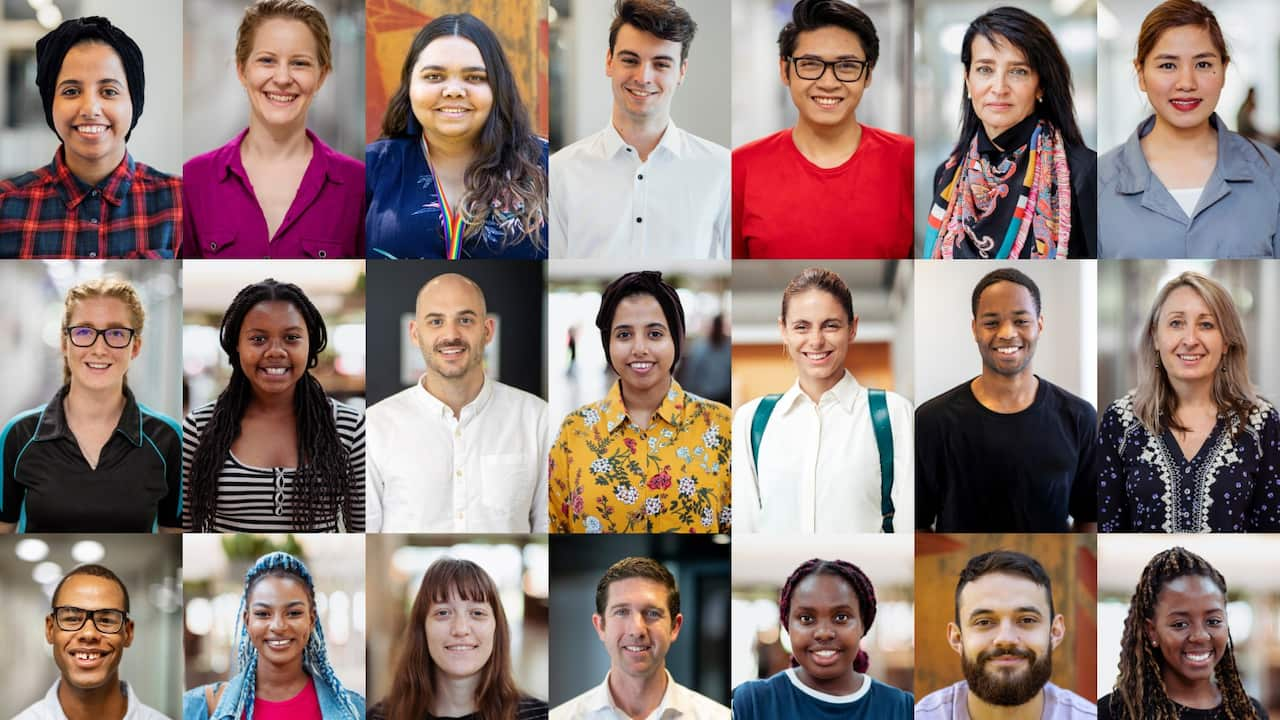
In Australia, the accent does differ slightly from state to state, Dr Lising says it is the effect of the influx of migrants.
"We adjust the way we speak depending on who we are talking to. Often it’s the context of the conversation that dictates the way you speak. When you're at university, you use more formal words. But when you go to the pub, you speak differently."
As the language unites people and acts as the bond that glues to their identity to the world, Dr Lising encourages everyone never to renounce their language.
“A lot of people buy into the notion that once you come here, you should drop your other language. And that’s the worst thing you can do because your language will be your access to remember your childhood, to remember certain cultural practices that you would be fond of, so be proud of who you are.
Most importantly, we need to understand that everyone has an accent. Embrace who you are, be proud of who you are and the language that you have. Don’t amplify the subtle discrimination that you should be sounding Australian by buying into that. You are who you are - the way you speak represents your trajectory or where you come from.”
Dr. Jose Rizal's famous quote goes " Ang hindi magmahal sa sariling wika, daig pa ang hayop at malansang isda " which means, " He who doesn't honour his own language is worse than an animal and a rotten fish" such an uncomplicated act that every Filipinos should live by.
Listen to all episodes of Australia Explained in Apple Podcasts, Google Podcasts, or Spotify.
Australia Explained was originally created by Maram Ismail for SBS Arabic24.
